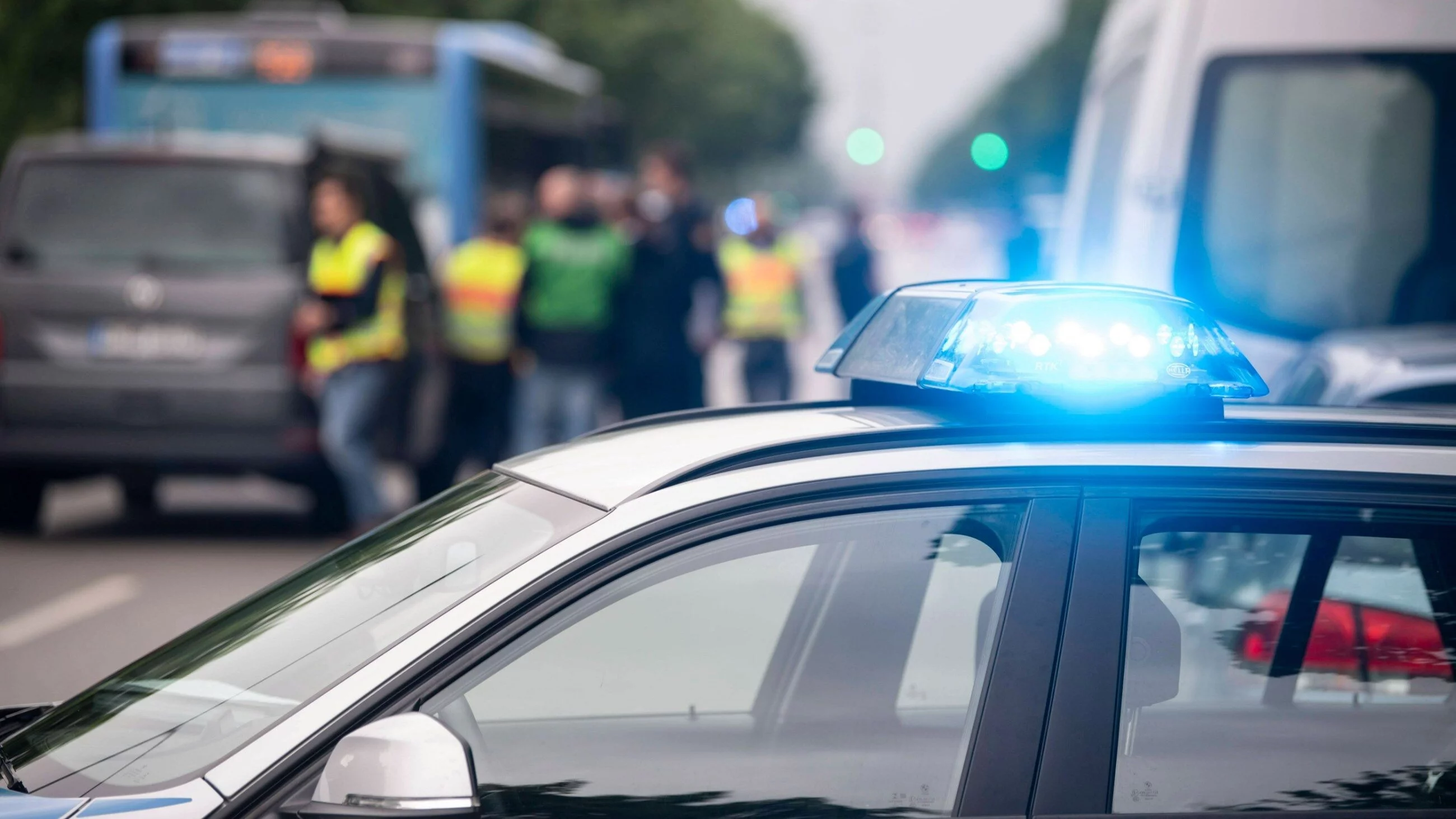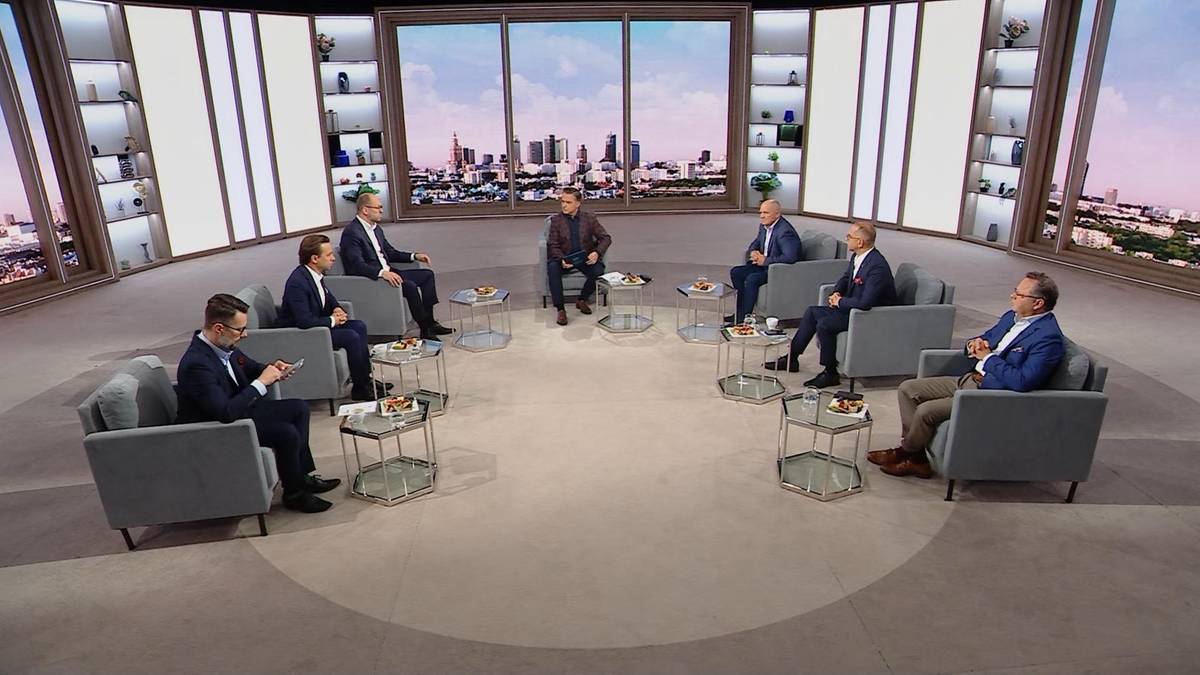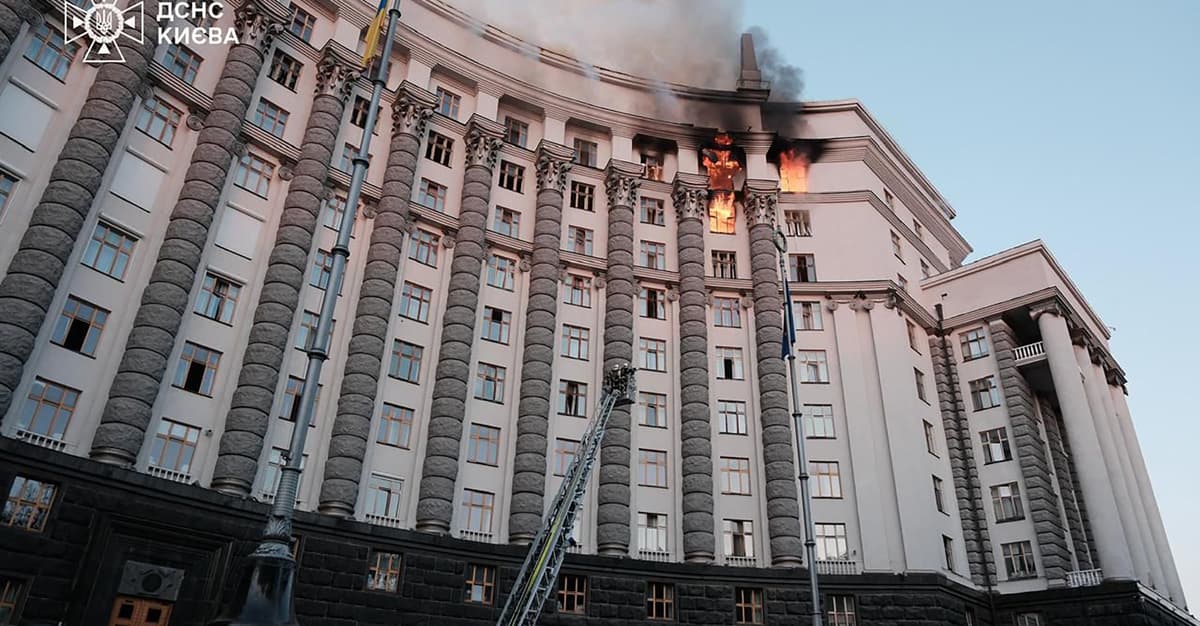Elections could take place in Ukraine as early as July – shortly after the abolition of the martial law, which Washington wants to accomplish by 20 April. He informed about it on March 30, the weekly "The Economist", citing his own sources.
Therefore, president Volodymyr Zelenski – elected for the first time for 5 years in the summertime of 2019 – wants to apply for a second term. "Last week" instructed his squad to organise elections after a permanent ceasefire was introduced.
Still not prepared
W Ukraine is not being prepared for the elections, all 31 March in the Ukrainian Suspilne channel confirmed the president of the parliamentary club of the ruling organization of the Servant of the Nation David Arachamia. "All parties and factions in parliament agreed that elections should take place six months after martial law was abolished," said the MP.
In late February, the Ukrainian parliament adopted a resolution "Supporting democracy in conditions of Russian aggression". It strengthens Zelenski and rejects Russian president Vladimir Putin's accusations that Zelenski is no longer the legal head of state. The resolution ensures that presidential elections will be held "after ensuring a comprehensive, just and lasting peace".
Both the US and Russia have repeatedly called for elections in Ukraine. In February, U.S. president Donald Trump even described Zelenski as "a dictator without elections". In Ukraine, however, elections are banned during the war.
What are the risks?
Although many Ukrainians have become accustomed to regular artillery fire, major events related to the campaign, debate or gathering of candidates with voters would be highly risky under the present conditions.
That is why Kiev in all talks demands safety guarantees. The ceasefire should not only apply temporarily on the front but besides guarantee that polling stations do not become targets for Russian air strikes or terrorist attacks.
It cannot be excluded that something like this could happen – warns Olha Aywasowska, head of the Opole network, who monitors elections in Ukraine. "In the face of attacks on draft and sabotage offices on railways, it should be assumed that Russia will do something akin with polling stations".
Therefore, the post-war electoral order should regulate how to proceed in this case during elections or counting of votes, even in the event of simulated terrorist attacks", Ajwasowska observes in a conversation with the DW.
Registration of voters
On the first day of the full-scale Russian invasion, the Central Election Commission Ukraine blocked access to the electoral registry to defend and defend the registry itself, and the citizens' data. At this time there were about 34.7 million voters registered in it.
The Authority only partially resumed its work on the registry in December 2023. At the moment, he mainly deals with the updating of electoral addresses, as Ukraine in the process of decommunisation and derusification changed the names of many towns and streets. The Commission besides records the demolition of war. By 2024, the military operations affected 7,500 polling stations in a territory controlled by Kiev.
Citizens are listed in the electoral registry on the basis of their permanent residence. As the Russian invasion began in 2022, the number of Ukrainian interior refugees increased respective times – in December 2024 according to the global Organisation for Migration (IOM) there were more than 3.6 million of them. Many do not registry at their fresh place of residence at all or do so late – experts from the Kiev think tank of the Razumkow Centre judge. "As a result, the electoral addresses are neither up-to-date nor reliable," according to a survey conducted by scientists.
What about Ukrainians abroad?
In addition to refugees from Ukraine, they are besides abroad – according to the IOM in late 2024 there were about six million refugees. To participate in the election, they must registry with the Ukrainian consulate. However, according to information from the Ministry of abroad Affairs in Kiev, most do not.
However, even the vote of Ukrainian refugees already registered abroad would be complicated. To date, polling stations have been set up mainly in consulate rooms, but they are incapable to accommodate tens of thousands of citizens in 1 day. So you would gotta rent another locations, at least in the largest cities where Ukrainians live today. It is unclear how to deal with Russia and Belarus, where by the end of 2024 1,3 million Ukrainians were to settle.
According to the Razumkow Centre poll, about 47% of Ukrainians are in favour of allowing refugees abroad to vote, while about 36% are against it. However, it seems that many Ukrainians abroad lose interest in political life in their country. Anton Hruszecki of the Kiev global Institute of Sociology (KIIS) explained in an interview with DW that only 1 3rd of the 801 refugees surveyed by KIIS in Poland, Germany and the Czech Republic last May expressed their desire to vote in the next elections.
Remote voting: what are the requirements?
One would think that many logistical problems could easy be solved by distant voting – correspondence vote or the usage of electronic systems, like the application of Ukrainian government Diia, which already uses over 21 million Ukrainians in the country and abroad. For example, in February, a Ukrainian candidate for this year's Eurovision Song competition was selected through it. “But the strategy is suspended, so it cannot yet be called reliable,” criticizes MP Alina Sahorujko of the ruling organization of the Servant of the Nation.
Electronic voting besides requires robust server protection and user verification. No online voting platform can warrant this under the current conditions," said the authors of a survey commissioned by the Ukrainian Parliament by the Council of Europe in late 2024.
“Russia can influence elections not only physically or through hacker attacks, but besides through communications through social networks and networks,” emphasises Olha Ajwasowska. She agrees with the president of the Committee on Freedom of Words in the Ukrainian Parliament Jarosław Jurczyszyn of the Holos faction (Voice). However, Ukrainian media and the state have developed methods to combat Russian misinformation over the last 3 years of the war.
Jurczyszyn besides points out that peace talks are likely to set a date for elections. Moreover, Ukraine must coordinate elections with its partners, due to the fact that there is simply no money for them. "Many aspects of the future ceasefire, and so the elections, cannot be predicted today. However, there are apparent challenges and Parliament should now improvement electoral ordination to meet them, says the MP.
Consequently, the president of the Central Election Commission, Oleh Didenko, told the Ukrainian Truth, that preparations for elections after the end of the war would take longer than the current government provides. Procedures should so be adapted to the effects of the war.










